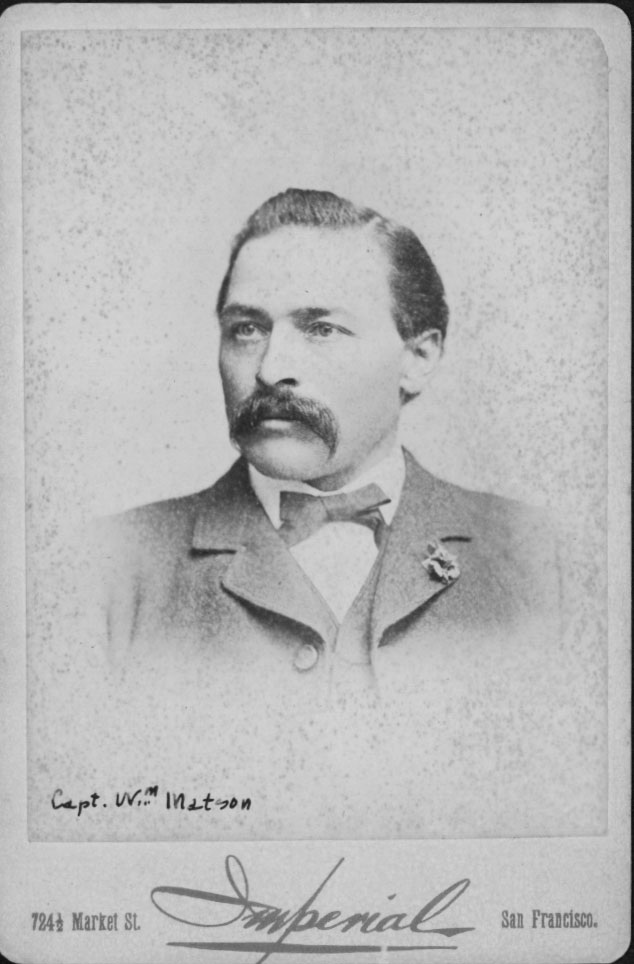In the wake of the election, during protests and in discussions about the new political landscape, you often hear the notion that “we don’t have the luxury of despair”. This means that only those who aren’t affected by the new immigration laws, or lessened legal protection of diverse groups, can afford to despair. Despair becomes a sign of privilege. Those truly affected, on the other hand, know they will have to fight. No time to rest, no time to despair.
I experience despair.
You can argue that it’s because I am privileged. I am white, heterosexual, employed. I have a roof over my head, a car to drive, two passports. I can use gender neutral or gender designated bathrooms, no problem.
Or, I can tell you this:
I have two passports because I am a dual citizen. I am Swedish by birth, and American by choice. I became a US citizen in 2010. I received a certificate, a little flag, and a form letter signed by Barack Obama. For the past 6 and a half years I have felt increasingly American. I have become more and more comfortable thinking about myself as an American. I use “we” when I teach. I eat Peeps for Easter and I kind of like baseball.
I worked at a polling place on election day last year. The precinct where I worked voted around 70% democratic. The precinct where I live voted 80% democratic. But, we all know how it ended. Donald Trump was elected president.
And I find myself in a new situation. I don’t know where to turn. I see white friends in pictures from protests, defending “their” America. But I don’t identify with their America. Their America existed while I was still living in Sweden. Their high school memories live in a place I never knew. If we travel far enough back into their America we end up in a place where all I knew of America was negative: The Vietnam war, Nixon, and Harrisburg.
My America had a black president, and a black first lady. As a white immigrant I could fit into their definition of America, because their definition of America was an expanding, evolving, one. If I am to be defined by my skin color only I cannot be an American. I am lost.

